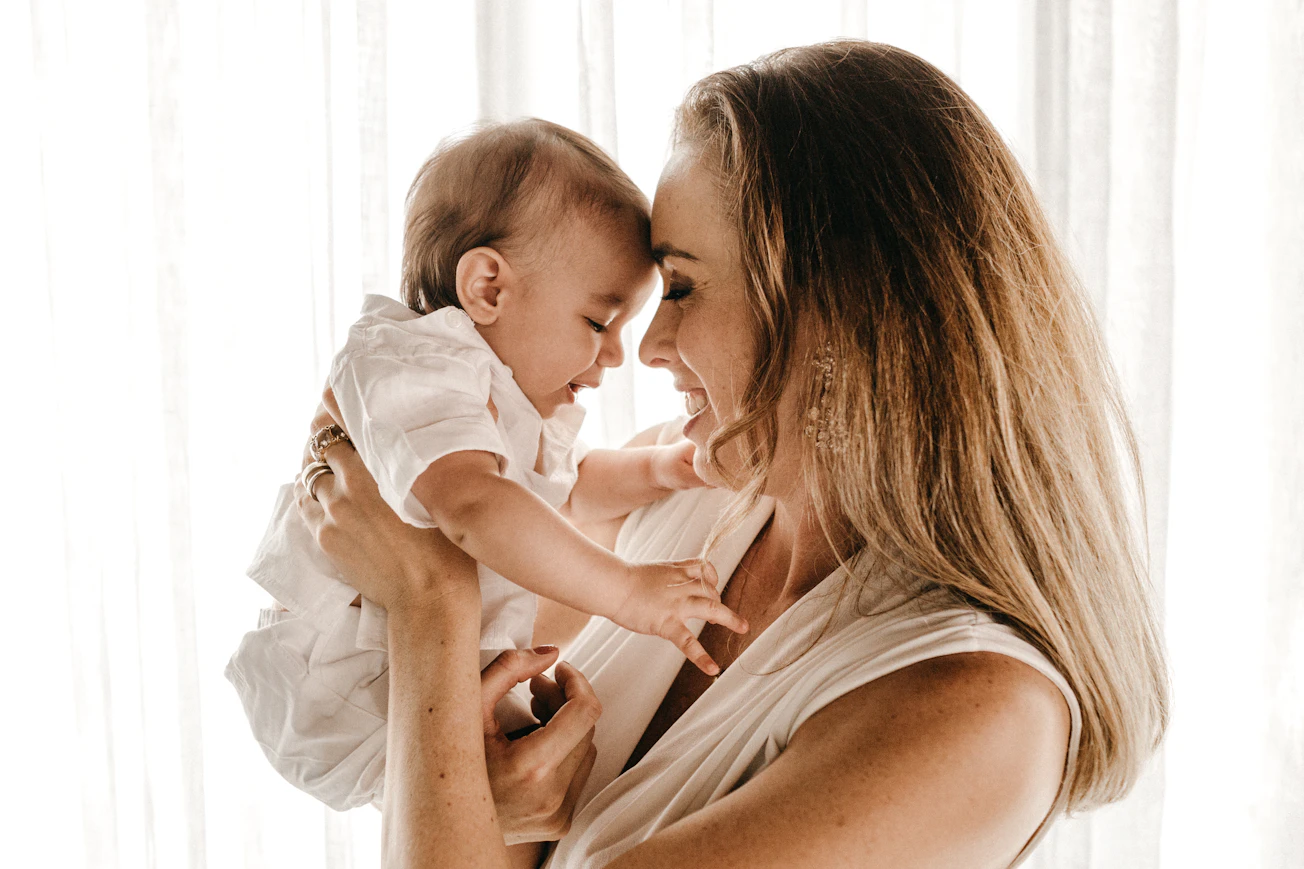A House-approved bill aimed at reducing maternal-mortality rates in Kentucky was approved without dissent by the Senate Health Services Committee on March 22 and sent to the Senate on the consent calendar, reserved for bills that are passed without debate.
“Kentucky has the ranking as second in the nation in maternal deaths in the year following childbirth,” said the bill’s sponsor, Rep. Kim Moser (R-Taylor Mill). “For this reason, we really started looking at some of the most significant problems and how to solve them.”
Moser’s House Bill 10 passed the House without dissent on March 5 and awaits a vote on the Senate floor with only six days left on the legislative calendar.
The “Momnibus” bill would expand the Health Access Nurturing Development Services (HANDS) program and would allow the home-visitation program to be available up to three years after a child’s birth. It also would cover lactation consultation and needed equipment to encourage breastfeeding, and would educate mothers on the benefits of safe sleep for infants. These services would also be available via telehealth.
The bill would also ensure access to insurance coverage for pregnant women by adding pregnancy to the list of reasons a person would qualify for enrollment outside the normal open-enrollement period. This provision aims to help pregnant women address issues like obesity, diabetes, and heart disease, all of which can cause complications and even death in pregnancy.
“Deaths due to any of these factors are usually preventable,” Moser said.
The bill would also address mental-health care by establishing a hotline for providers to get an immediate consultation for a mother in need of mental-health services. The hotline would be called Lifeline for Moms. It also aims to strengthen addiction services for those in need.
“Our substance-use problem is one of the most significant issues,” said Moser, noting that 53% of mothers who die in the year after childbirth “die from their substance abuse problem.”
The bill also has a provision to study doula programs and their benefit to those most at risk of poor maternal outcomes. Doulas provide moral, physical, or other support in pregnancy, delivery, and the postpartum period.
What’s in the committee substitute?
The Senate committee substitute for the bill added language to require all hospitals, birthing centers, and midwives to “provide or make referrals to a perinatal palliative care program, or perinatal palliative care support services” when there is a “prenatal diagnosis indicating that a baby may die before or after birth, diagnosis of fetal anomalies where the likelihood of long-term survival is uncertain or minimal or (the) newborn is diagnosed with a potentially life-limiting illness.” The bill would also require this service to be covered by insurance.
This addition comes from language in House Bill 467, sponsored by Rep. Nancy Tate (R-Brandenburg). It is titled the “Love Them Both Part II Act.” Alex Acquisto of the Lexington Herald-Leader expands on the tension caused by HB 467 saying it is intended to offer “alternatives to pregnancy termination.”
Acquisto reports that “termination is one of the handful of options considered the standard of care health care providers present to patients with nonviable pregnancies,” but with abortion illegal in Kentucky, this is not an option unless they go to another state for those services.
Further, health care providers have told the Herald-Leader that such services already exist in hospitals across the state, thought not always in a formalized program.
HB 467 cleared the House Health Services Committee , which Moser chairs, on March 7. At that time, Kentucky Health News asked Moser, who is a primary co-sponsor of the bill, if she anticipated a greater need for perinatal palliative care since the state no longer allows abortions for nonviable pregnancies if there is cardiac activity present.
“I don't know that we're going to see a sudden uptick, but we just want to be available to moms and families,” she said, adding later, “The intent is to provide support to a family who is dealing with a devastating diagnosis.”
The substitute bill would also require Safe Haven Baby Boxes to be staffed continuously by a licensed emergency-medical-services provider except when personnel are temporarily off-site providing emergency medical services. It also would require every public school to prominently display the Safe Haven Baby Boxes Crisis Line. This language comes from House Bill 272, also sponsored by Tate.
--30--
Written by Melissa Patrick. Cross-posted from KY Health News.







